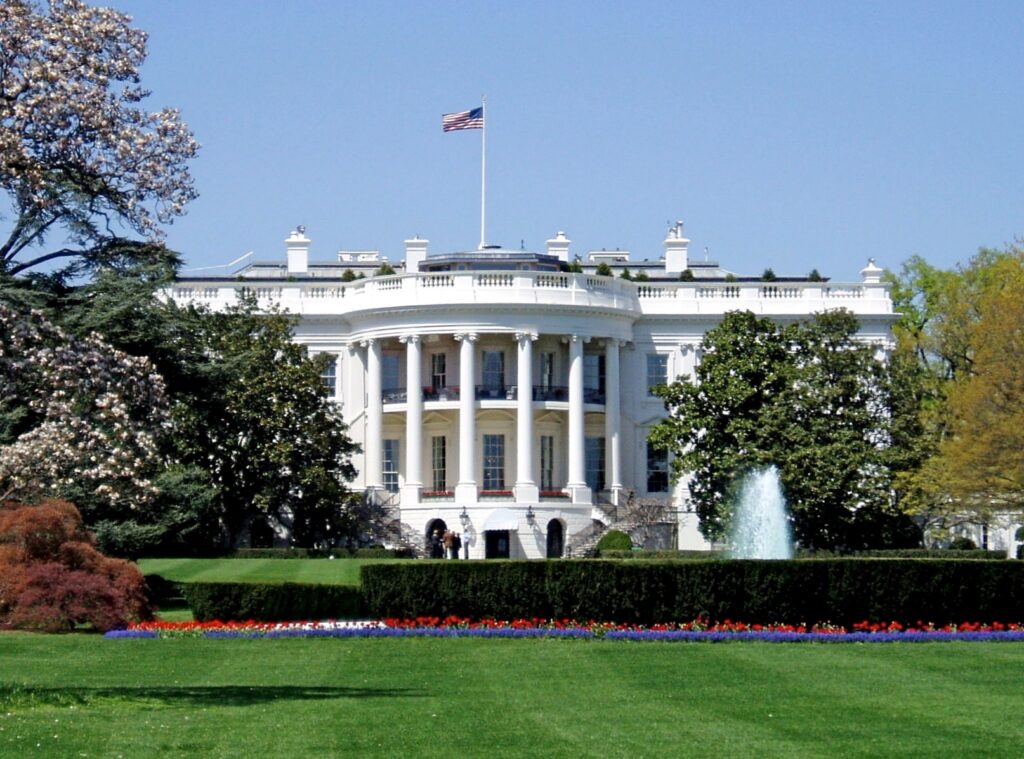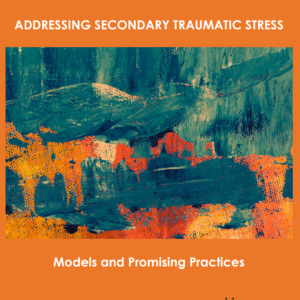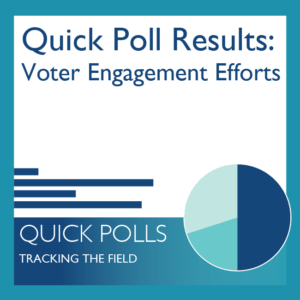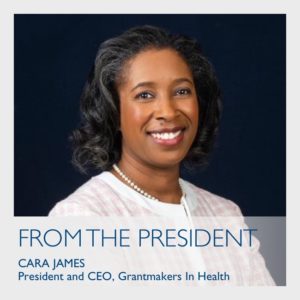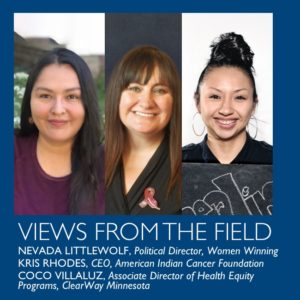The Final Reconciliation Package: Implementation of Key Provisions
On July 4, 2025, H.R. 1, the One Big Beautiful Bill Act, was signed into law. The implementation dates for key health care provisions in the law vary, with some taking effect immediately upon passage and others being implemented over several years. This resource details key dates for the implementation of the law’s most significant health care provisions.
Deadlines in Health-Related Executive Orders and Presidential Memoranda
This GIH policy resource details many of the health-related executive orders issued by the administration and includes a calendar of upcoming deadlines for when those orders are expected to be implemented.
Beyond the Exam Room: Impacting Health Outcomes Through Civic Engagement
August marks Civic Health Month, a time to showcase the link between voting and health and celebrate efforts that ensure every voter can support their community’s health at the ballot box. At the same time, the United States is grappling with a health care system ranked 37th globally despite consuming 17 percent of the country’s GDP. With 26 million Americans uninsured and 43 million underinsured, the gap in access to care continues to widen. This crisis will deepen as critical ACA subsidies expire at the end of 2025, potentially leaving 3.8 million more Americans without coverage, in addition to new federal cuts to Medicaid and changes to how coverage is accessed through the health insurance marketplace, which could result in as many as 20 million Americans losing their health insurance.
COVID-19 Grants and Programs – October 2020
The latest on COVID-19 grants and programs from the field.
Addressing Secondary Traumatic Stress: Philanthropy’s Role in Fostering Grantee Resilience
Grantmakers Concerned with Immigrants and Refugees recently conducted a national research study on models and promising practices in addressing secondary traumatic stress. The full report and funder summary provide an important review of the field and recommendations on how funders can best support grantee organizations.
Quick Poll Results: Voter Engagement Efforts
GIH’s August/September 2020 Quick Poll asked foundations if they fund voter engagement efforts.
Voter Engagement Messaging and Activities for Private Foundations
The Alliance for Justice’s Bolder Advocacy initiative has released a new collection of resources specifically geared to help private foundations get engaged in the upcoming election. Private foundations can help get out the vote in a number of ways and these guides clarify what activities are permissible.


